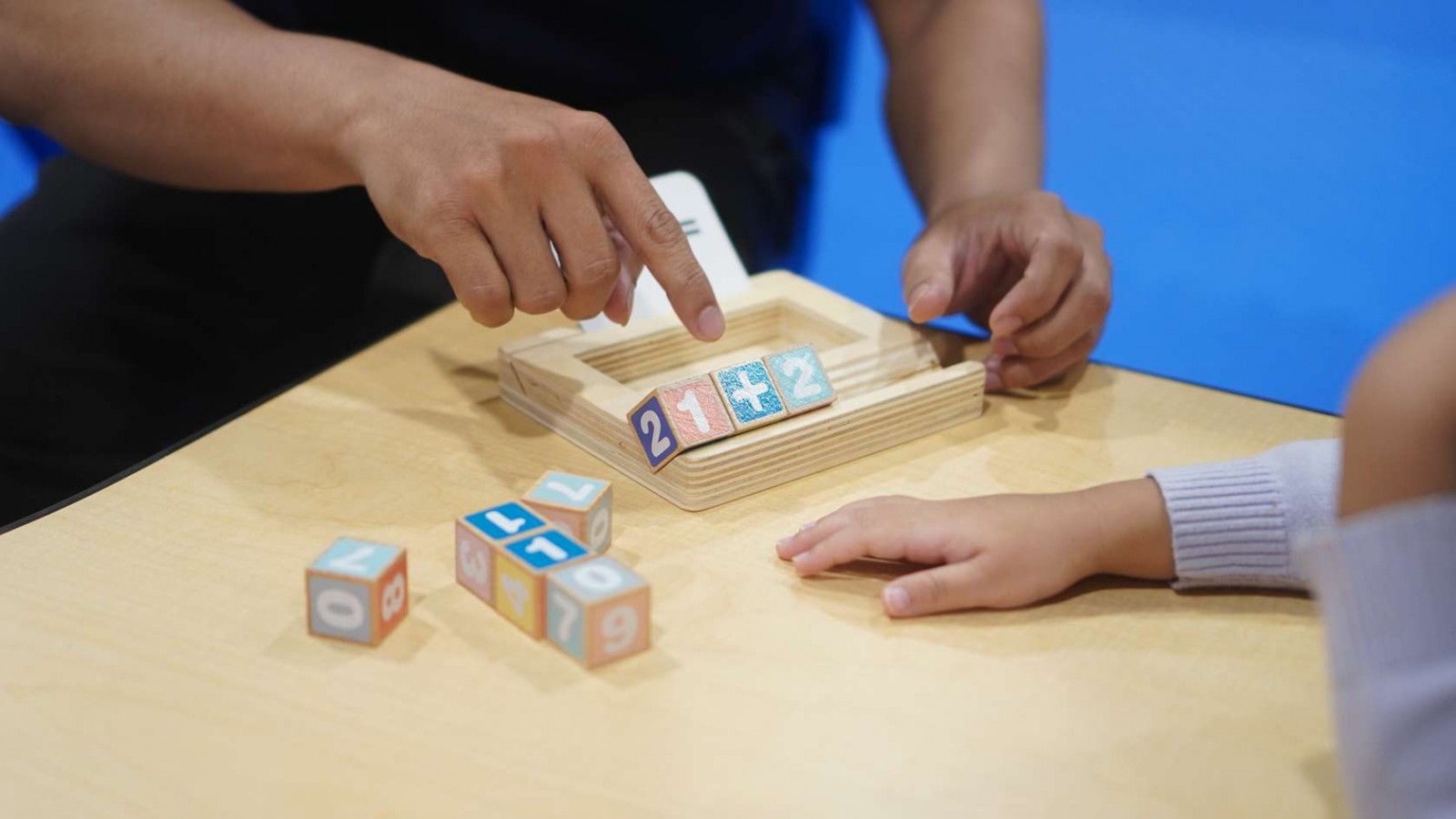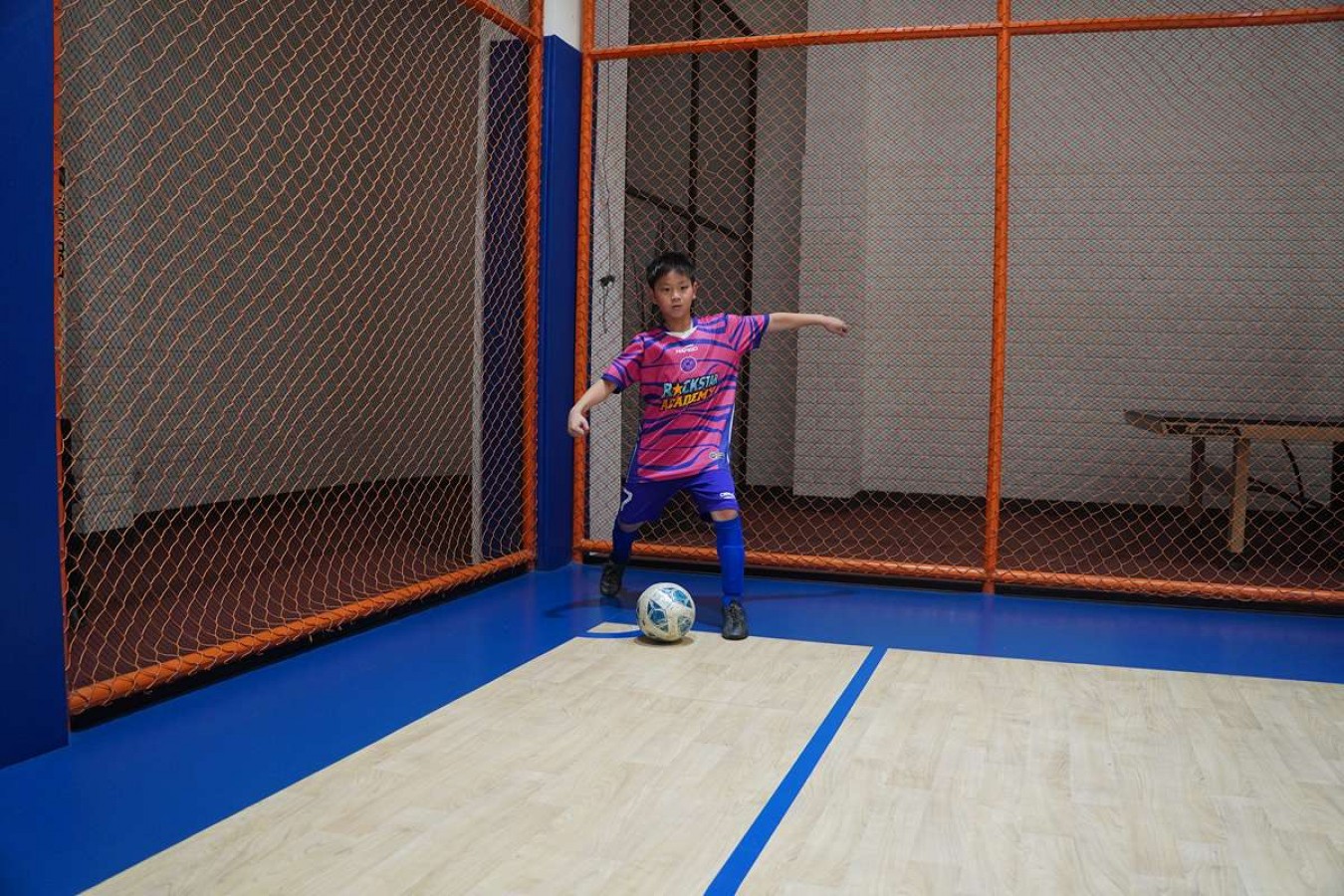The Essential of Learning Numbers in Early Childhood Education

Aside from literacy lessons, learning numbers is also a foundational component of cognitive development in early childhood. It serves as a cornerstone for future mathematical understanding and everyday life skills. Early exposure to numbers prepares children for more complex mathematical concepts and enhances their overall academic performance.
This article explores the importance of learning numbers, the essential numerical concepts children should grasp, the role of ordinal numbers, and practical tips for parents to effectively teach numbers to their kids.
Why Learning Numbers is Crucial for Children
Learning numbers is a foundational skill that plays a critical role in a child's cognitive development and overall academic success. Here are several reasons why learning numbers is crucial for children:
1. Foundation for Mathematical Understanding
Numbers are the building blocks of mathematics. Understanding numbers and their relationships helps children grasp more complex mathematical concepts later on. This includes addition, subtraction, multiplication, division, fractions, and algebra.
Early numeracy skills, such as counting and recognizing numbers, set the stage for success in these more advanced areas.
2. Cognitive Development
Learning numbers stimulates various cognitive processes. It involves recognizing patterns, understanding sequences, and developing problem-solving skills. These activities enhance a child’s ability to think logically and make connections, which are essential for cognitive development. (J. Intell, 2023)
3. Language Development
Numbers are often integrated into language learning. When children learn numbers, they also learn to articulate them, use them in sentences, and understand their context within communication. This enhances their vocabulary and overall language skills, helping them to communicate more effectively.
4. Everyday Life Skills
Numeracy is essential in everyday life. From telling time and managing money to measuring ingredients in a recipe, numbers are used in numerous daily activities. Learning numbers helps children navigate the world around them and perform everyday tasks more efficiently and independently.
5. Educational Success
Numeracy skills are closely linked to overall academic performance. Children who grasp number concepts early on are more likely to perform well in school, not just in mathematics but in other subjects as well.
This is because numeracy skills support learning in areas such as science, technology, and even literacy.
Understanding Numbers
Understanding numbers is a foundational aspect of early childhood education, setting the stage for a lifetime of learning and problem-solving. Here are several essential knowledges to teach your children about numbers:
A. Basic Counting and Number Recognition
The first step in learning numbers is basic counting and number recognition. Children should be able to:
- Count sequentially from 1 to at least 20.
- Recognize and identify numbers in written form.
- Understand that numbers represent quantities.
B. Understanding Quantity and Number Relationships
It is important for children to grasp the concept that numbers represent quantities and can be used to compare different amounts. This includes:
- Recognizing the relationship between numbers (e.g., 2 is more than 1, 5 is less than 6).
- Understanding one-to-one correspondence (each object being counted represents one unit).
C. Basic Arithmetic
Once children are comfortable with counting and number recognition, they can begin to learn basic arithmetic, such as:
- Addition: Combining two groups of objects and understanding the sum.
- Subtraction: Removing objects from a group and understanding the difference.
D. Ordinal Numbers
Ordinal numbers indicate the position or order of objects in a sequence (e.g., first, second, third). Understanding ordinal numbers helps children to follow instructions and understand sequences.
Children should learn the names and order of ordinal numbers up to at least tenth. Also to learn the difference between cardinal numbers (which indicate quantity) and ordinal numbers (which indicate position).
Numbers in Words: Understanding Cardinal and Ordinal Numbers
When we talk about numbers, we often think of digits like 1, 2, or 3. But numbers can also be written using words, and this is what we call "numbers in words." For example, instead of writing 4, you can write "four", and instead of 21, you can write "twenty-one." This is especially useful in writing—whether you're spelling out ages, amounts on checks, or instructions that involve numbers. But not all numbers in words serve the same purpose. They are generally divided into two categories: cardinal numbers and ordinal numbers.
1. Cardinal Numbers
Cardinal numbers are the numbers we use to count things. They answer the question “How many?”
Examples of Cardinal Numbers:
| Number | In Words |
|---|---|
| 1 | one |
| 2 | two |
| 3 | three |
| 10 | ten |
| 100 | one hundred |
| 1,000 | one thousand |
So if you're counting apples or friends or stars in the sky, you'll use cardinal numbers.
2. Ordinal Numbers
Ordinal numbers show position, order, or rank. They answer the question “Which one?” like first, second, third, and so on.
Examples of Ordinal Numbers:
| Number | In Words |
|---|---|
| 1st | first |
| 2nd | second |
| 3rd | third |
| 4th | fourth |
| 10th | tenth |
| 100th | one hundredth |
Ordinal numbers are super useful for races, birthdays, or anything that comes in order.
To make it easier to remember: Cardinal = counting, while Ordinal = order. Both types of numbers are important, and we use them all the time without even realizing it. From saying your second cup of coffee to counting five cookies on a plate, numbers in words help make communication smoother and clearer.
Understanding the difference between cardinal and ordinal numbers helps improve both speaking and writing skills, especially for young learners or those studying English. Whether you’re filling out forms, writing a story, or just chatting with a friend, knowing how and when to use numbers in words can make your language richer and more precise.
Tips to Make Learning Numbers Fun and Engaging for Kids
Learning numbers is a critical part of a child’s early development, and making the process fun and engaging can significantly enhance their understanding and retention. Here are some effective tips to help parents and educators make learning numbers enjoyable for kids:
1. Incorporate Play and Games
Integrating play into learning is one of the most effective ways to teach children about numbers. Board games and card games that require counting moves or matching numbers can make learning seem like playtime.
Games like "Chutes and Ladders" or "Uno" involve recognizing numbers and counting spaces, fostering a fun yet educational experience. Interactive toys such as numbered building blocks or counting bears provide hands-on activities that help children visualize numbers and understand their sequences.
2. Use Everyday Activities
Incorporating numbers into daily routines helps children see their practical applications and reinforces their learning in real-world contexts. Cooking and baking present opportunities to measure ingredients, count items, and follow numerical steps in recipes.
Shopping trips can turn into educational outings where children identify numbers on price tags, count items in the cart, or compare quantities. Even outdoor activities can be educational: counting steps while walking, tallying trees in the park, or observing patterns in nature can all be fun and educational experiences.
3. Utilize Visual Aids
Visual aids are powerful tools for teaching numbers as they help children make connections between numerical symbols and quantities. Number charts displayed at home can reinforce number recognition and sequencing.
Flashcards can be used for quick, engaging practice sessions that enhance memory and recall. Educational videos, available on platforms like YouTube, use colorful animations and stories to make learning numbers captivating and memorable.
4. Incorporate Music and Rhymes
Music and rhymes are excellent tools for making numbers memorable and enjoyable. Counting songs like “Five Little Monkeys” or “Ten in the Bed” use catchy tunes and repetitive lyrics to help children remember numbers and their sequences.
Encouraging kids to dance or move along with these songs adds a physical element to the learning process, reinforcing number concepts through movement. Nursery rhymes that include numbers, such as “One, Two, Buckle My Shoe”. Then try to blend rhythm and rhyme to make learning feel like a playful activity rather than a lesson.
5. Get Hands-On with Counting Objects
Children learn effectively through hands-on experiences. To teach counting concepts, use tangible items that they can touch and feel. This could include small toys, blocks, cereal pieces, or pasta.
Have your child count each object and line them up in a row, so they can visually see the total number. Additionally, you can place a few items in a bag and have them feel around inside to guess the quantity.
6. Make a Number Line
A number line is a visual tool that helps represent numbers in sequence from smallest to largest (or vice versa). To create one, draw a straight line on a piece of paper and write the numbers in order along the line, ensuring they are evenly spaced.
You can enhance this by using small toys or buttons as tactile markers on the number line. Once your number line is ready, you can engage in various activities with it. For example, have your child hop along the line while counting or use it to practice basic addition and subtraction.
Need Help in Teaching Numbers to Children?
If your child needs additional support in learning numbers, consider enrolling them in a Preschool & Kindergarten at Rockstar Academy. At Rockstar Academy, your child will experience a comprehensive preschool and kindergarten education, alongside various physical activities, events, and competitions tailored for different ages, skill levels, and interests.
Academic and physical activity classes at Rockstar Academy also teach teamwork and important life skills. With the expert guidance of our experienced teachers, children can become more adaptive and confident in their abilities.
Additionally, Rockstar Academy offers a free trial class for those interested in experiencing our programs firsthand. Contact Rockstar Academy today to learn more and secure a spot for your child.
FAQ
At What Age Should Children Start Learning Numbers?
Most children start showing interest in numbers around the age of 2 to 3 years old. Early exposure can be informal, such as counting objects during play. More structured learning typically begins around preschool age, at 4 to 5 years old.
What Are Some Effective Ways to Teach Numbers to Young Children?
- Use counting games, puzzles, and toys that involve numbers.
- Incorporate counting into everyday routines, like counting steps, toys, or ingredients while cooking.
- Utilize books and songs that focus on numbers and counting to make learning enjoyable.
- Employ tools like number charts, flashcards, and educational apps.
How Can I Tell If My Child Is Struggling with Numbers?
Signs that a child may be struggling with numbers include:
- Difficulty recognizing numbers or counting in order.
- Frustration or avoidance of activities involving numbers.
- Inability to understand simple numerical concepts (e.g., more/less, bigger/smaller).



